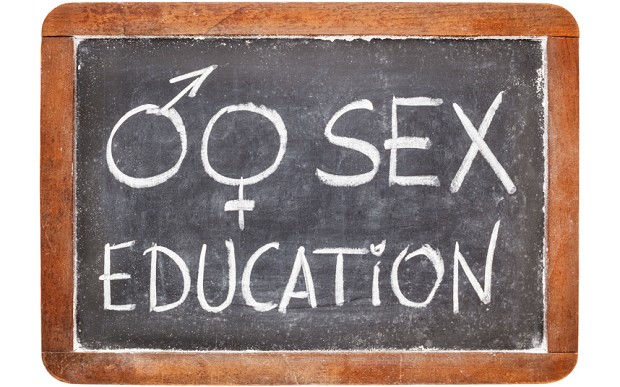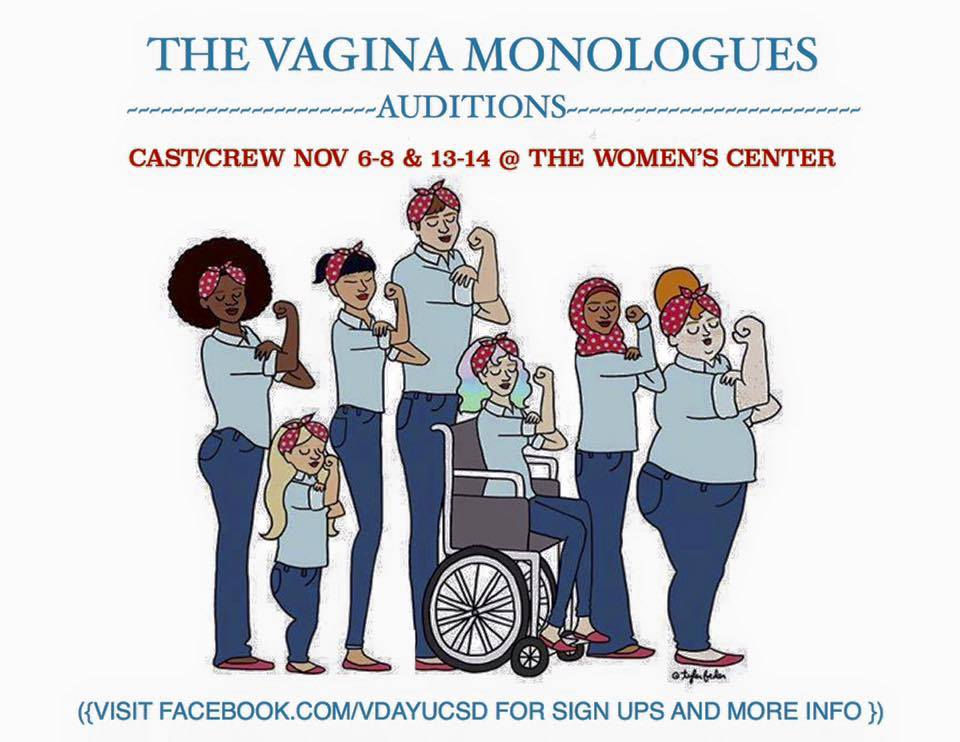UCSD Needs to Make Waves in Sexual Education
- Krisha Hidalgo
- Dec 8, 2015
- 2 min read

In October, the UCSD Guardian released the article, “'Yes Means Yes' Culture Begins by Educating Young Students," which addresses the lack of sexual education among young people on campus. Although the school is progressive, there seems to be an immense disparity of sexual education on campus.
This article is unsettling because although it does address a very real topic, it does not offer any resolutions to an internalized problem that hits UC San Diego directly. Students that attend UCSD come from all walks of life, from out-of-state or abroad. This difference in origin can lead to a difference in education. Each individual is taught a different form of sexual education.
In order for UCSD students to come from the same level of understanding, it would be effective to educate students prior to entering college. Upon entering into college, there is a large workshop held for the freshmen on the dangers of drug and alcohol abuse. A workshop parallel to this but on sexual education would be a progressive advancement in fostering a safer campus.
In addition, it is important for this discussion to continue on throughout a student’s college career.
The best way to reach out to students and to really sit down and create a platform for discussion on sexual education is by way of student organizations. In these group settings, students are surrounded by peers that they are already comfortable with in order to facilitate conversation.

This is what organizations such as the student-run program, Student Health Advocates, are made for. These advocates are able to approach an otherwise awkward conversation and to reach out to other students to become participants.
Link: Student Health Advocates are trained to hold sexual education workshops, events, and campaigns.
There have been organized group gatherings in UCSD that have addressed topics of sexual education. Most of these gatherings have been focused on problems that affect women.
In May of this past year was the movement, “Free the Nipple,” which addressed topics of sexual education. Many participants claimed that the human body was taught in school as a sexualized entity. They argued that the “Free the Nipple” movement would help individuals realize that bare skin does not have to always be sexual.

"Free the Nipple" was a movement that brought up very real topics. However, it would have been more effective in getting the message across and educating the general public if there was a central student body that organized the event. It was an event that bared all, initiated conversation, but many observers critiqued it on its lack of organization.

In contrast, the "Vagina Monologues" is an annual theater production organized by an student-run theater program on campus. The production addresses topics of sexual education and sexual assault. The organizers of the production believe in the power of getting involved with the student organizations around campus. They incorporate many student groups and invite members to either watch or get involved. Both cast members and audience members are able to receive an eye-opening lesson on sexual education in their participation in the "Monologues. "The production serves as a powerful platform for discussion amongst young adults on the topics.






Comments